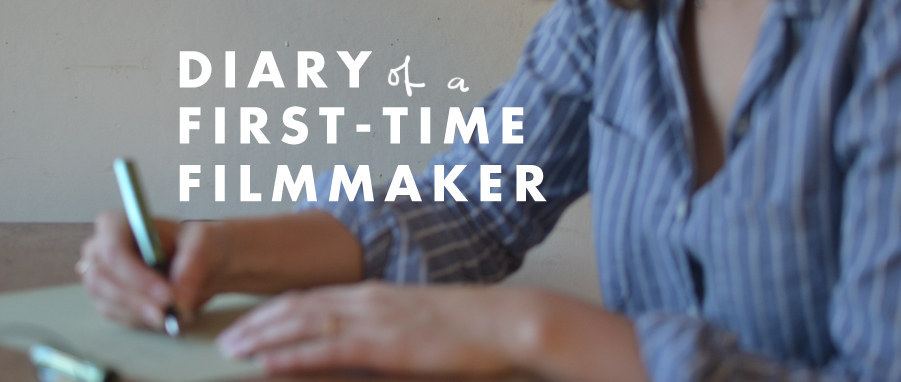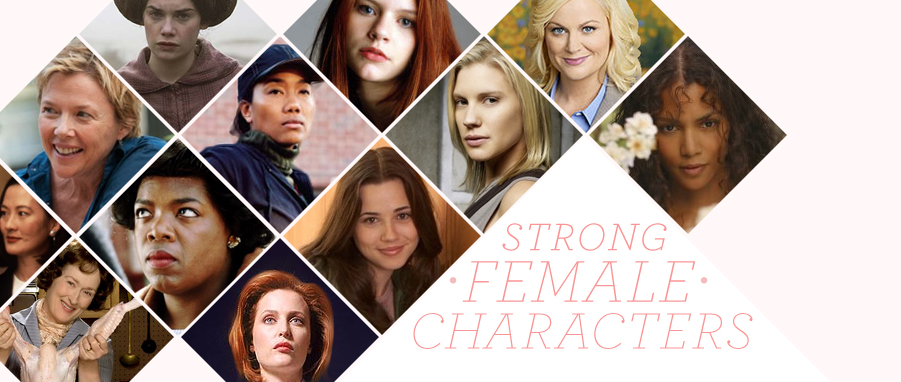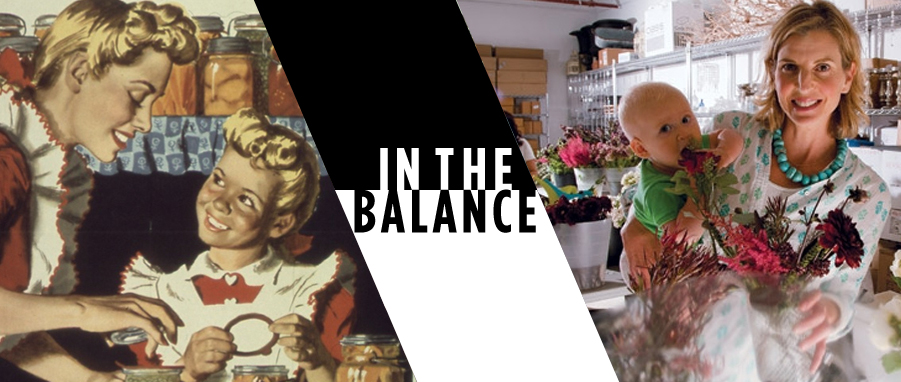 Everyone knows that, in 1955, Rosa Parks refused to give up her seat on a Montgomery bus and move to the back, and with this refusal became a major figure in the Montgomery bus boycott and the American civil rights movement of the 1950s and 1960s. (Well, everyone should know that anyway.) But Parks was not the first to engage in an act of public transit civil disobedience—nor, I’m sure, will she be the last. For starters, in 1884, Ida B. Wells similarly refused to get up and move to a different train car when ordered to do so by a train conductor on the Chesapeake, Ohio and Southwestern Railroad. She was by force removed from the train by three men who, I think, really needed to stop and evaluate what they were doing with their lives.
Everyone knows that, in 1955, Rosa Parks refused to give up her seat on a Montgomery bus and move to the back, and with this refusal became a major figure in the Montgomery bus boycott and the American civil rights movement of the 1950s and 1960s. (Well, everyone should know that anyway.) But Parks was not the first to engage in an act of public transit civil disobedience—nor, I’m sure, will she be the last. For starters, in 1884, Ida B. Wells similarly refused to get up and move to a different train car when ordered to do so by a train conductor on the Chesapeake, Ohio and Southwestern Railroad. She was by force removed from the train by three men who, I think, really needed to stop and evaluate what they were doing with their lives.
Wells didn’t stop with train sit-ins, but we’ll get to that in a second. First, who was Ida B. Wells? Not to be confused with muckraking journalist Ida Tarbell (roughly contemporaneous), Ida B. Wells was an investigative journalist, tireless campaigner for African-American and women’s rights, anti-lynching activist, and influential public persona. She was born in 1862 in Mississippi to slave parents, emancipated three years later with Abe Lincoln’s Proclamation. She was educated first at Shaw U., then at Fisk University, both Southern black colleges. When she lost her parents, she took on a job as a teacher in order to support her siblings.
Sometime during her young life, Wells got into politics—not surprising considering the tumultuous, nasty times she grew up in. The War was over and slavery was done, but America’s attempts at Reconstructing™ and creating a just post-war, post-slavery society were, let’s face it, occasionally pathetic. The government, fearful of completely alienating the South, made too many concessions and took just as many steps backward as forward.
One of the most hideous evils to become common in this period, and for a bunch of otherwise perfectly nice people to get complacent and blind eye-y about (see also: segregation, imperialism, most wars) was lynching, specifically, the lynching of black men in the South. In 1892, three of Wells’ friends were lynched by a mob in Memphis. So she turned to investigative journalism as a means for change.
Wells begin to study similar murders across the South, and then published her findings in a pamphlet called “Southern Horrors: Lynch Laws in All its Phases.” She concludes that the “reasons” for lynching black men usually fell along the lines of: they failed to adequately accept their alleged inferiority as raced human beings. This could involve competing economically with white men, being disrespectful to white men, and so much as looking at a white woman. (Wells also found that most sexual encounters between black men and white women were consensual, despite popular myth to the contrary.)
Wells traveled and worked with famed abolitionist and writer Frederick Douglass, doing speaking tours of Europe and getting a bunch of British people on her side. But she continued to face an uphill battle at home, where the New York Times called her a “slanderous and nasty minded mulatress.” Oh, the liberal media!
In short, Ida Wells was no shrinking flower. She was one of the earliest women to not change her last name when she married. She wasn’t shy about getting into it with people she disagreed with, including white temperance activist Frances Willard and famed black intellectual W.E.B. DuBois (she said he excluded her from the list of NAACP founders). She fought for what she believed in and wasn’t afraid to face, head-on, one of the ugliest legacies of American slavery. Amidst headlines about affirmative action, George Zimmerman, and (yes) Paula Deen, it’s hard not to hope for similar take-no-s*** voices in our own time.






 My family takes a bus from Aix to Cassis, a small beach town not far from Aix. While my parents wander the streets and visit shops, my sister and I lay out our towels on the pebbly beach and soak in the Mediterranean sun with all the other bronzed bathers. I sit up, my arms wrapped around my knees, and stare out over the sea, imagining the Greeks who originally colonized this place looking at the same view thousands of years ago. It probably hasn’t changed very much since then.
My family takes a bus from Aix to Cassis, a small beach town not far from Aix. While my parents wander the streets and visit shops, my sister and I lay out our towels on the pebbly beach and soak in the Mediterranean sun with all the other bronzed bathers. I sit up, my arms wrapped around my knees, and stare out over the sea, imagining the Greeks who originally colonized this place looking at the same view thousands of years ago. It probably hasn’t changed very much since then.

 I first lay eyes on the Eiffel Tower, that eternal symbol of France, in the summer when I am 15 years old. I haven’t even had my first kiss yet, but I am filled with romantic visions of Paris — ones that I’ve carefully cultivated during repeated viewings of Amélie and Before Midnight.
I first lay eyes on the Eiffel Tower, that eternal symbol of France, in the summer when I am 15 years old. I haven’t even had my first kiss yet, but I am filled with romantic visions of Paris — ones that I’ve carefully cultivated during repeated viewings of Amélie and Before Midnight.
 In our ruggedly individualistic culture, I often wonder: what is it like to be famous because of the person you’re married to? To appear in the press, go down in history books, as “so-and-so’s wife”—to never, ever be mentioned without your spouse as starting point or explanation? In some ways, I think it must be harder even than being a nobody, like the rest of us. At least we can pretend at the idea of absolute autonomy, that we achieved what we have on our own. Even if you’re nobody, you are your own nobody. You’re second to nobody.
In our ruggedly individualistic culture, I often wonder: what is it like to be famous because of the person you’re married to? To appear in the press, go down in history books, as “so-and-so’s wife”—to never, ever be mentioned without your spouse as starting point or explanation? In some ways, I think it must be harder even than being a nobody, like the rest of us. At least we can pretend at the idea of absolute autonomy, that we achieved what we have on our own. Even if you’re nobody, you are your own nobody. You’re second to nobody.










